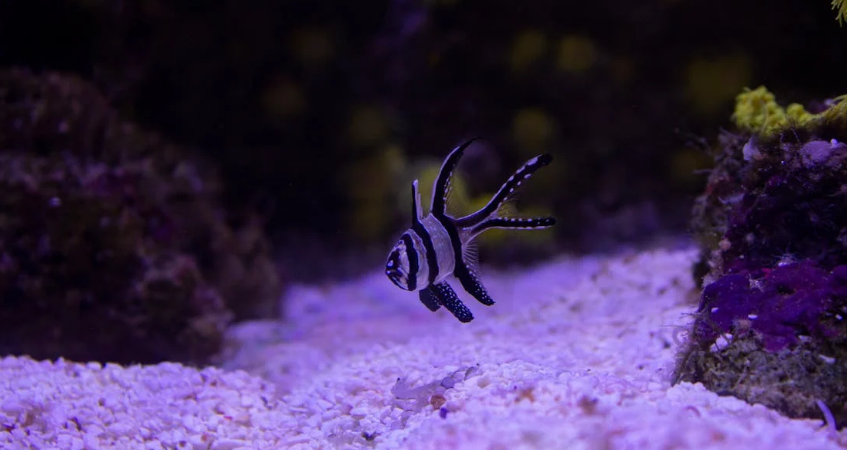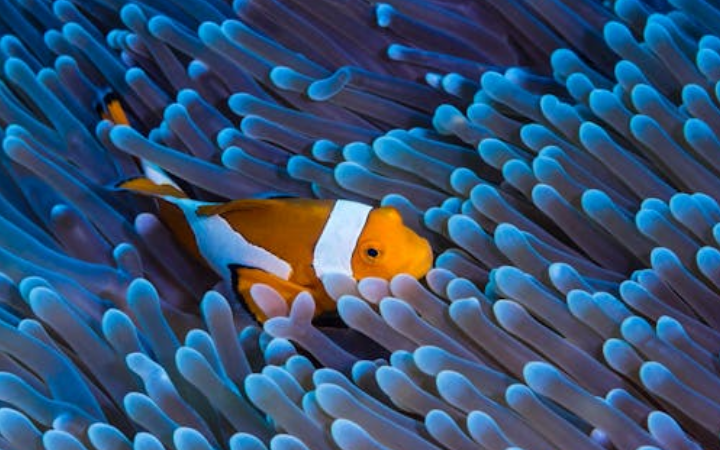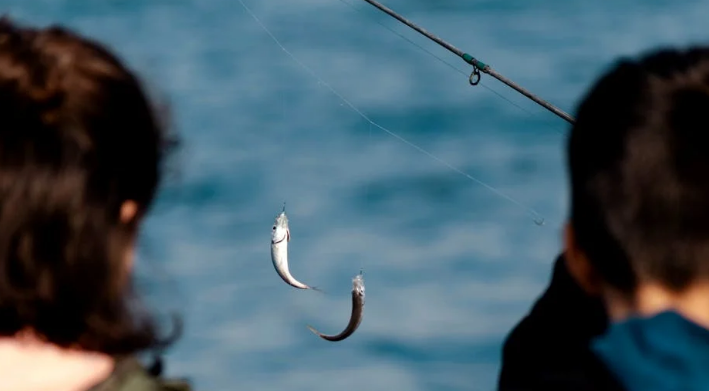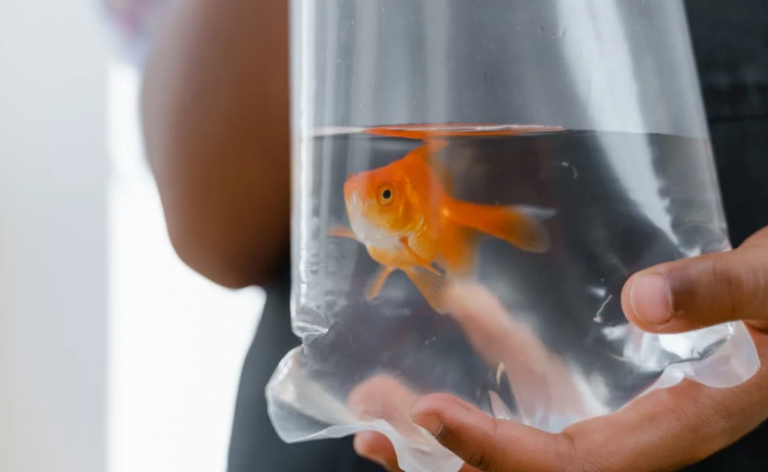Mandarin fish, also known as Mandarin dragonets or Synchiropus splendidus, are small, vibrant, and mesmerizing creatures that have captured the attention of aquarium enthusiasts worldwide. Their striking colors and intricate patterns make them a favorite among hobbyists. However, when it comes to their behavior, there is much debate about whether these elegant fish are aggressive or not. In this article, we will delve into the world of Mandarin fish and explore their temperament to determine if they are indeed aggressive.
Exploring the Behavior of These Colorful Swimmers

Appearance and Natural Habitat:
Mandarin fish are native to the Pacific Ocean, particularly the waters around the Indo-Pacific region, including the Great Barrier Reef. They are renowned for their vibrant colors, which range from bright orange to blue, green, and yellow. These colors serve as a form of defense against predators, as they blend in with the coral reefs where they reside. Mandarin fish have a unique appearance, with elongated bodies and small, protruding mouths.
Feeding Habits:
One reason Mandarin fish are highly sought after by aquarium enthusiasts is their diet. In their natural habitat, they primarily feed on small crustaceans, such as copepods and amphipods. Their feeding habits have led to the misconception that they may display aggression towards other tank mates when in captivity. However, it is essential to understand that the behavior of Mandarin fish can vary depending on several factors, including tank conditions, tank mates, and individual temperament.
Compatibility with Tank Mates:
When it comes to keeping Mandarin fish in a community tank, their compatibility with other species is crucial. Due to their small size and delicate nature, they are best suited for peaceful aquariums with other non-aggressive fish. Avoid housing them with large, aggressive species that may intimidate or harm them. Peaceful species, such as gobies, blennies, and certain species of clownfish, can make suitable tank mates for Mandarin fish.
Breeding Behavior:
Mandarin fish have a unique and intricate breeding behavior that further adds to their appeal. Males perform elaborate courtship dances to attract females, displaying their vibrant colors in an intricate mating ritual. This behavior is not indicative of aggression but rather an instinct to ensure successful reproduction.
Territoriality:
While Mandarin fish are not typically aggressive, they can exhibit territorial behavior when it comes to their chosen hiding spots within the aquarium. They may stake claim to specific locations, such as crevices in the live rock, and defend them against intruders. This territorial behavior is more prevalent in males, especially during the breeding season. However, it is essential to provide ample hiding spots and space within the tank to reduce potential conflicts.
Tank Setup and Environment:
To create a suitable environment for Mandarin fish, it is crucial to replicate their natural habitat as closely as possible. This includes providing live rock with plenty of hiding places, as well as a well-established population of copepods and amphipods to meet their dietary needs. A well-maintained tank with stable water parameters and proper filtration is essential for the health and well-being of Mandarin fish.
Conclusion
In conclusion, Mandarin fish are not inherently aggressive. Their behavior is influenced by various factors, including tank conditions, tank mates, and individual temperament. While they may exhibit territorial behavior, particularly during the breeding season, they can coexist peacefully with compatible tank mates in a well-maintained aquarium. It is crucial to provide them with a suitable environment that mimics their natural habitat and meets their dietary needs to ensure their overall health and happiness. With proper care and attention, Mandarin fish can be a colorful and captivating addition to any aquarium.



